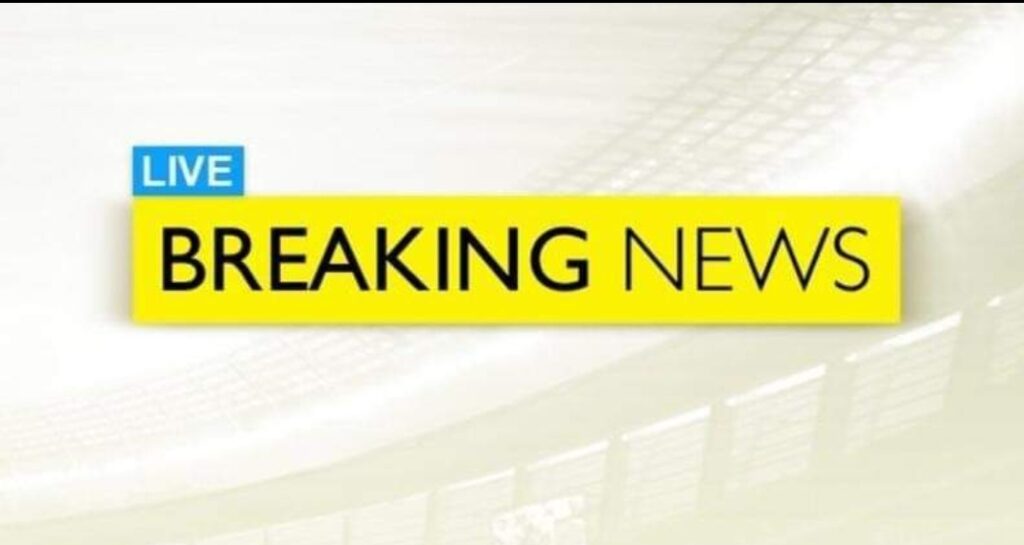The recent VAR controversy during Liverpool’s emphatic 3-0 victory over Manchester United at Old Trafford has ignited a firestorm of debate among football fans and analysts. This incident, which occurred on Sunday, has once again thrust the contentious issue of VAR’s effectiveness and consistency into the spotlight, raising questions about the reliability of a system that was designed to eliminate errors, not create new ones.
Liverpool, a team that has been in scintillating form since the beginning of the season, thoroughly outplayed their long-time rivals in a match that left no doubt about their superiority. From the first whistle, Liverpool asserted their dominance, with Luis Diaz delivering a masterclass performance, scoring two goals in the first half that set the tone for what would be a commanding victory. Not to be outdone, Mohamed Salah, one of the Premier League’s most feared forwards, added a third goal early in the second half, effectively extinguishing any flickering hopes Manchester United might have had of mounting a comeback.
Despite the decisive scoreline, there is a strong argument to be made that the result could have been even more one-sided. Liverpool created a host of chances throughout the match, and on another day, they might have capitalized on more of those opportunities. One incident in particular has been the focus of much post-match analysis and discussion—a moment in the second half that could have further tilted the match in Liverpool’s favor.
The controversy centers around an incident involving Manchester United defender Noussair Mazraoui and Liverpool forward Cody Gakpo. As Gakpo surged into the penalty area, Mazraoui appeared to clip his leg, causing Gakpo to stumble. Despite what many saw as clear contact, referee Anthony Taylor chose to allow play to continue, and Darwin Nunez, who was in a prime position to score, eventually shot wide. The situation became even more contentious when it was revealed that the VAR team, led by John Brooks and assisted by Harry Lennard, decided against reviewing the incident, leaving many scratching their heads in disbelief.
Among those who were most vocal about the perceived injustice was former Liverpool striker Neil Mellor. Taking to the social media platform X, Mellor shared images of the incident that seemed to show clear contact between Mazraoui and Gakpo. In his post, Mellor expressed his bewilderment at the decision not to award a penalty, questioning why VAR had failed to intervene in what appeared to be a straightforward call. He pointed out that the referee had recognized the foul by playing advantage, yet once Nunez’s shot went wide, the incident wasn’t revisited—a decision that Mellor and many Liverpool supporters found inexplicable.
Mellor’s frustration is reflective of a broader dissatisfaction among football fans with the inconsistent application of VAR. “The referee saw the foul on Gakpo and indicated advantage… Nunez shot wide,” Mellor wrote. “Contact was inside the area… so why didn’t VAR tell him it should be a penalty?” This question has been echoed by many within the football community, who are increasingly disillusioned with the seemingly arbitrary nature of VAR decisions.
Although this particular decision did not change the outcome of the match—Liverpool were already well on their way to a comfortable victory—it has nonetheless added to the growing chorus of criticism directed at VAR. Fans and pundits alike have been calling for greater transparency and consistency in how the technology is utilized. The issue of inconsistency was highlighted further by an incident in Arsenal’s match on Saturday, where Declan Rice was shown a second yellow card for delaying play by kicking the ball away, while in a similar situation, Brighton’s Joao Pedro escaped any punishment. These discrepancies in officiating have left fans of various clubs feeling aggrieved, leading to questions about the fairness and effectiveness of the current system.
As Liverpool look ahead to continuing their winning streak after the international break, with a fixture against Nottingham Forest looming on the horizon, the debate over VAR’s role in the game shows no signs of abating. The need for reform and better implementation of the system is becoming increasingly urgent with each controversial decision. Fans, players, and managers are united in their call for change, as the current state of officiating threatens to undermine the integrity of the sport. The football community will be watching closely to see if the authorities take steps to address these concerns and restore confidence in the officiating process.
